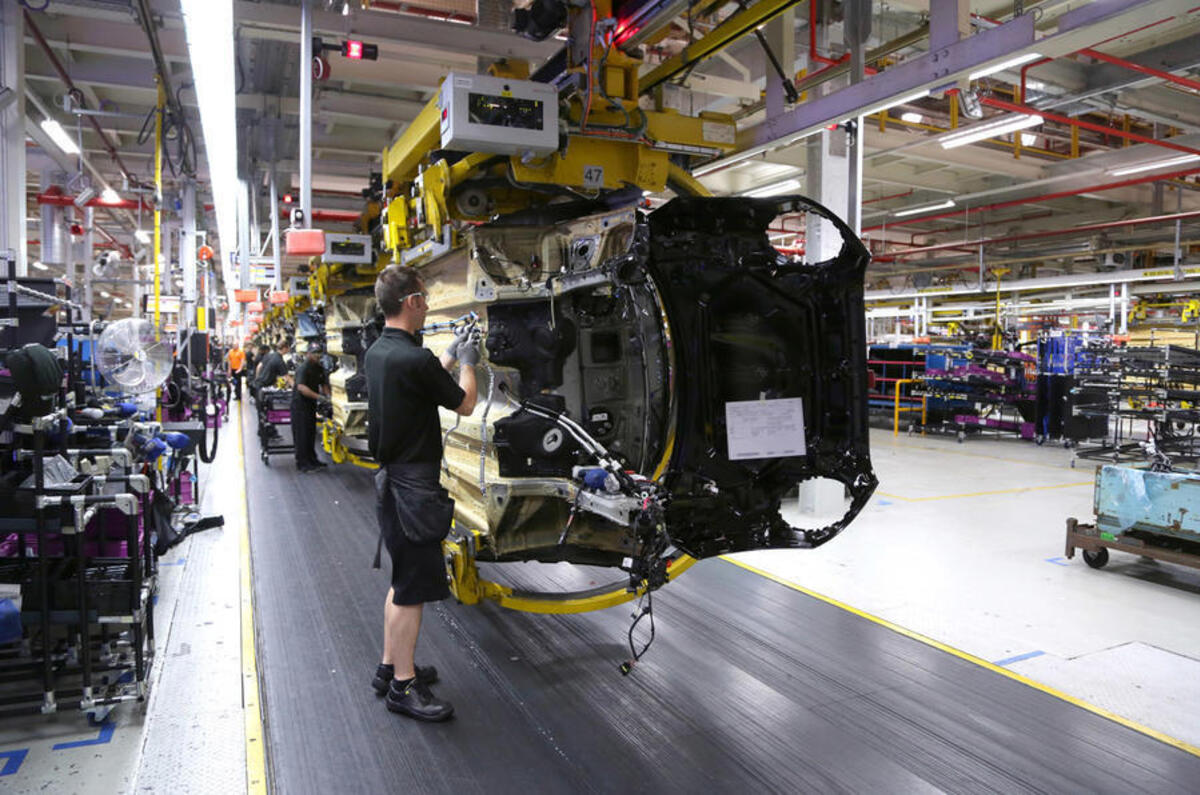Car makers operating in Europe’s traditional automotive manufacturing hubs, including Germany and the UK, are sounding the alarm over the cost of developing and building both cars and automotive technology locally as they brace themselves for competition from cheaper, more profitable Chinese electric cars.
“We want to invest in technology, batteries, chips but Europe is too slow in this game,” Thomas Schaefer, head of the Volkswagen brand, told Autocar at the recent Munich mobility show.




Add your comment